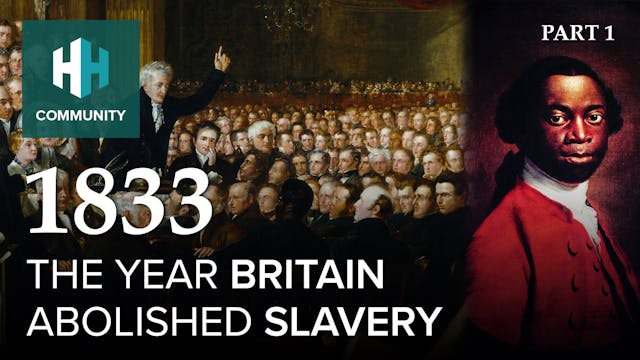Fighting Proud: A Gay History of the World Wars
How did I not know this?
•
27m
At the end of World War Two the British public wanted to get back to ‘normal’. The gay men who had served their King and country found themselves subjected to a vigorous enforcement of the draconian law that would put them into prison if they were found guilty of indecency. But servicemen living in close proximity were made aware that men who chose to have sexual relationships with other men were not suffering from sexual perversion or a deadly disease, nor were they cowards or the stereotypical limp-wristed effeminates. ‘Fighting Proud’, a new book by Stephen Bourne, is about equality: being equally brave, scared, decisive, uniformed, wounded, and equally dead. War is the great leveler in which we are tested, tried and traumatised. No one ever emerges from war quite the same, whether it is battleground, air raid or that telegram with its irrevocable news. Fighting proud is heart-thumping and rousing; loving proud should be the same. In this episode, Stephen Bourne discusses the role of gay servicemen in the world wars, as well as the challenges of publishing gay history.
Up Next in How did I not know this?
-
Mary Anning: The Forgotten Fossil Hunter
Born in Lyme Regis in 1799, Mary Anning was a pioneering palaeontologist and fossil collector who's story continues to inspire so many scientists to this day. In this documentary Dr Anjana Khatwa, Dr Liz Hide, David Tucker and Anya Pearson explore Anning's life and legacy.
-
Women of the Second World War: Courag...
By 1944, a third of the civilian population in Britain was engaged in war work, including over 7 million women. From compiling weather reports, maintaining aircraft, serving on airfields or working in intelligence, the work of women was crucial in the fight against Nazi Germany. Alice Loxton trac...
-
1833: The Year Britain Abolished Slav...
Documentary series exploring the abolition of Slavery in the British Dominions in 1833.
In Episode 1 of this two-part documentary series, Luke Tomes explores the rebirth of an abolition movement in Britain with the formation of the Anti-Slavery Society in 1823, driven by the ambitious goal of e...



